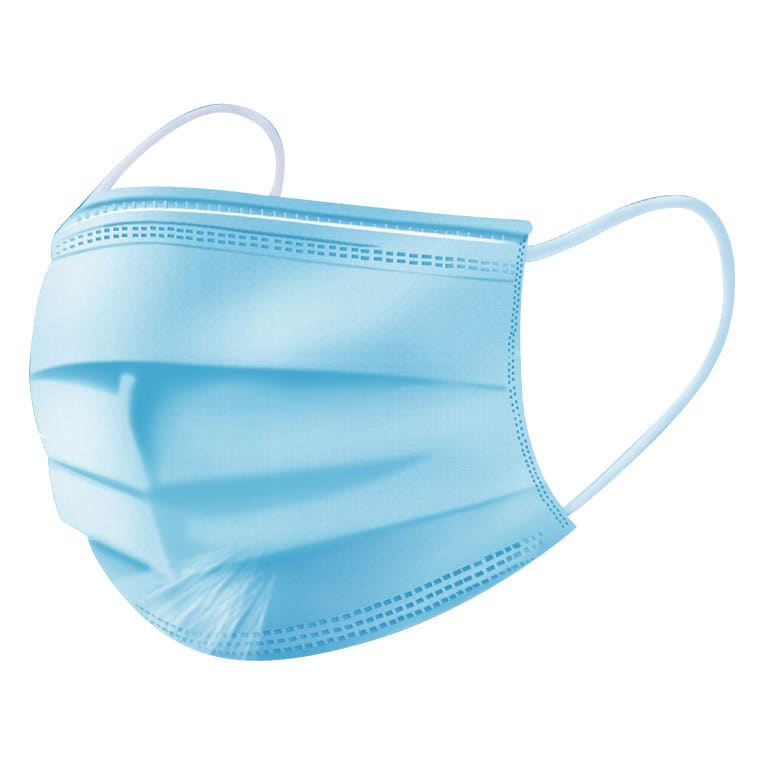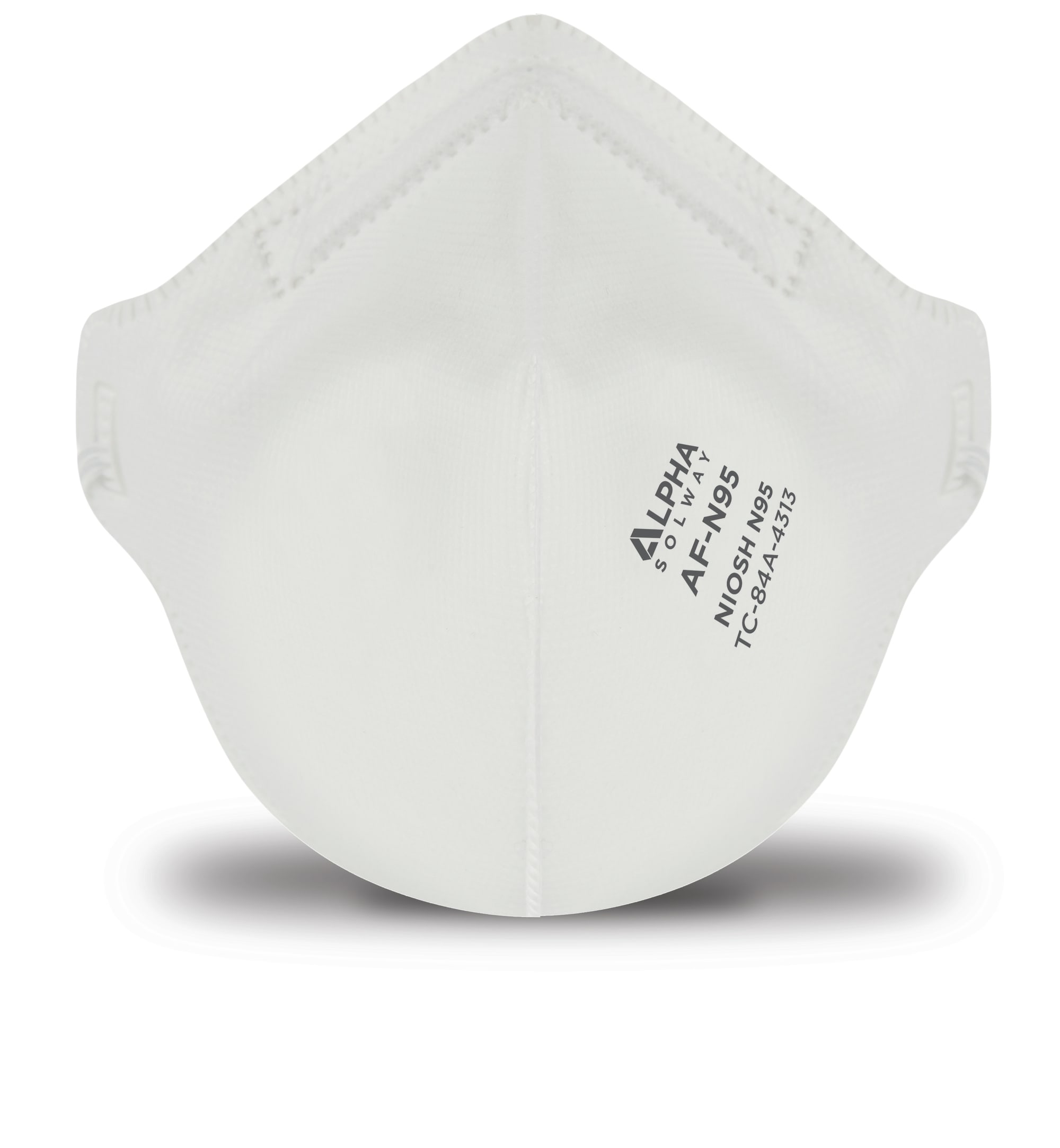Surgical or N95?
Choosing the right level of respiratory protection
It is vital to understand the difference between surgical masks and N95 masks when deciding which type of mask is right for you. Technical vocabulary around PPE (Personal Protective Equipment) has entered the public’s everyday vocabulary since the rise of the Covid-19 pandemic, and it remains as important as ever to stay informed on what these medical terms mean.
There is a wide range of mask types to choose from, and two of the most popular are surgical masks and N95 masks. Although they both offer protection from airborne viruses, surgical masks and N95 masks are not the same in form and function. Below is a breakdown of what separates them.
Surgical face masks explained

Sometimes referred to as ‘medical masks’, surgical face masks are disposable, loose-fitting and often blue in colour. They protect the wearer’s nose and mouth from inhaling large droplets in the air that might carry germs.
Surgical face masks are described as providing ‘one-way protection’. This means that the mask captures any droplets emitted by the wearer through coughing or sneezing and prevents these particles from spreading to the surrounding environment. However, surgical masks are not designed to provide respiratory protection to the wearer, since they do not prevent small droplets from filtering in through the mask material.
Surgical masks are made from polymeric materials, and usually have simple elastic straps to fit around the wearer’s ears. They are designed to fit loosely around the nose and mouth, and do not provide a custom fit to each wearer. Surgical masks are intended for single-use only, and should be disposed of after wearing.
N95 masks explained

N95 masks are more sophisticated than surgical masks and provide a higher degree of protection. The name ‘N95’ refers to the fact that these masks meet the U.S.
standard N95 classification of air filtration, meaning that they filter at least 95% of airborne particles.
N95 masks are also known as ‘respirators’, since they protect the wearer’s respiratory system from inhaling potentially dangerous air particles. A standard N95 mask fits tightly around the nose and mouth and provides two-way protection to both the wearer and individuals in their surrounding environment. Unlike surgical masks, N95 masks can also filter very small airborne particles, in addition to larger droplets.
Are surgical masks or N95 masks right for me?
The choice between wearing a surgical mask or an N95 mask will depend on your individual circumstances and the level of protection you require. Surgical face masks are more affordable and are easier to access since they are readily available at high-street stores and pharmacies.
If you work in a high-risk environment, such as a healthcare setting, or if you are medically vulnerable to airborne viruses, then opting for an N95 mask could provide you with a higher level of protection and peace of mind.
